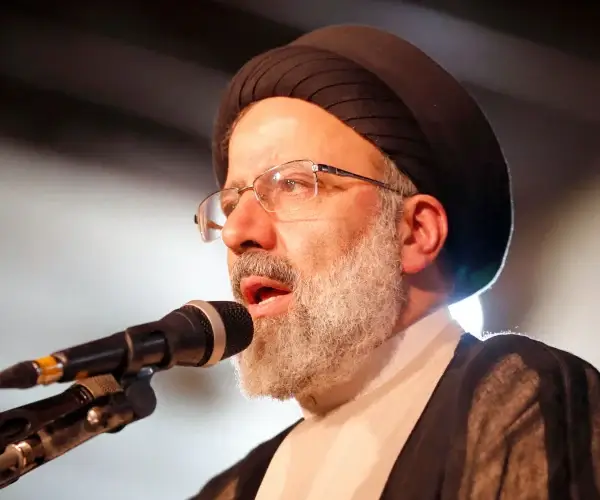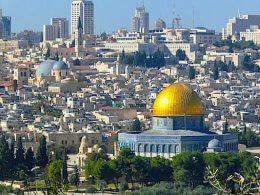Iranian President Ebrahim Raisi reportedly might attend next month's United Nations General Assembly session in New York City — a revelation that comes merely days after Iran's state media implied a nuclear threat against the United States.
Ali Bahadori-Jahromi, Iran's primary spokesman, said that "preliminary planning" has begun for Raisi to meet with the U.N. General Assembly in New York as early as Sept. 13.
The timing of the Raisi announcement also coincides with U.S. Secretary of State Antony Blinken reportedly supporting an EU proposal to salvage the Joint Comprehensive Plan of Action (JCPOA), or so-called "Iran Nuclear Deal" from 2015, a pact in which then-President Donald Trump withdrew from two years later.
"Instead of hosting Raisi, the United Nations must hold him accountable for crimes against humanity and genocide," Gobadi told Newsweek, and "anything less would be an affront to the very principles and values that constitute the foundation and the charter of the U.N."
Gobadi added: "Like his predecessors, [Raisi] is certain to use the U.N. podium to spew hatred and vengeance and justify the regime's egregious human rights abuses at home and malign activities abroad. ... He does not represent the Iranian people at all."









